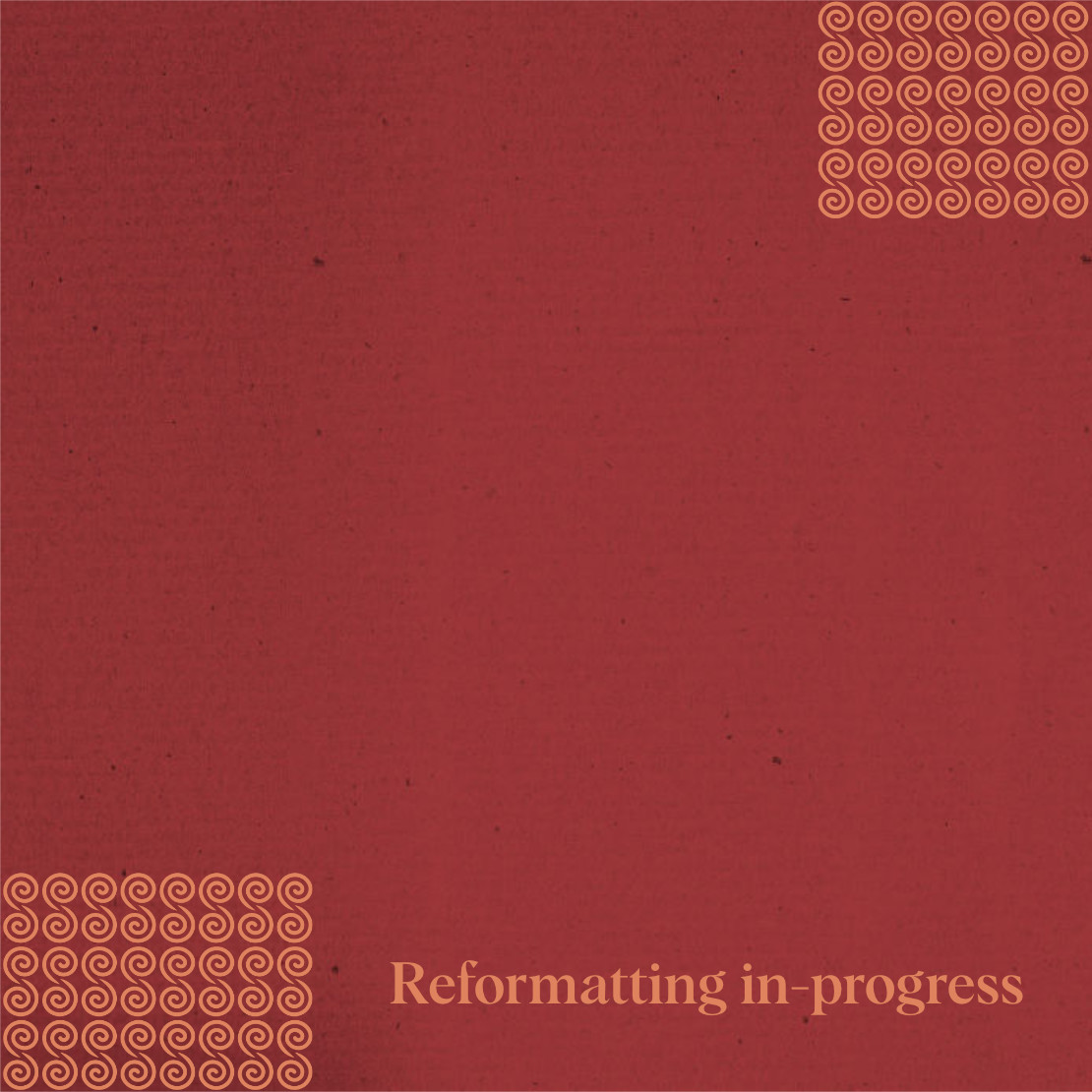Psalm 121 Exegetical Issues
From Psalms: Layer by Layer
Psalm 121/Exegetical Issues
Choose a PsalmNavigate Psalm 121
Exegetical Issues Video
Introduction to Exegetical Issues
Presented here are the top three Exegetical Issues that any interpreter of the psalm—whether they’re reading the text in Hebrew or looking at a number of translations—are likely to encounter. These issues usually involve textual criticism, grammar, lexical semantics, verbal semantics, and/or phrase-level semantics, though they sometimes involve higher-level layers as well.
Exegetical Issues for Psalm 121
- The second clause of Ps 121:1 could be read as either a direct question (e.g., "From where does my help come from?"), relative clause (e.g., "[the hills] from whence my help comes"), or indirect question (e.g., "[I lift my eyes to see] from where my help comes"). This syntactic problem is related to a larger semantic problem: What does this verse mean? Specifically, what are "the mountains" in v. 1b, and what does it mean to "lift one's eyes to" them? And how do these mountains relate to the "help" mentioned in v. 1b? How one answers these questions has a big impact on how one understands the whole psalm.
- Within Ps 121, there is a shift from first-person language in vv. 1–2 to second-person language in vv. 3–8. This person shift raises questions about the psalm's speech situation. At the most basic level is the question of whether Psalm 121 is a monologue (i.e., a discourse with one speaker) or a dialogue (i.e., a discourse with two different speakers).
- The clauses of Psalm 121:3 (אַל־יִתֵּ֣ן לַמּ֣וֹט רַגְלֶ֑ךָ אַל־יָ֝נ֗וּם שֹֽׁמְרֶֽךָ׃) could be construed as either assertives (e.g., "He will not let your foot be moved; he who keeps you will not slumber"; ESV) or directives (e.g., "May he not allow your foot to slip! May your protector not sleep!"; NET). The disagreement centers around the verse's use of the negator אַל.
